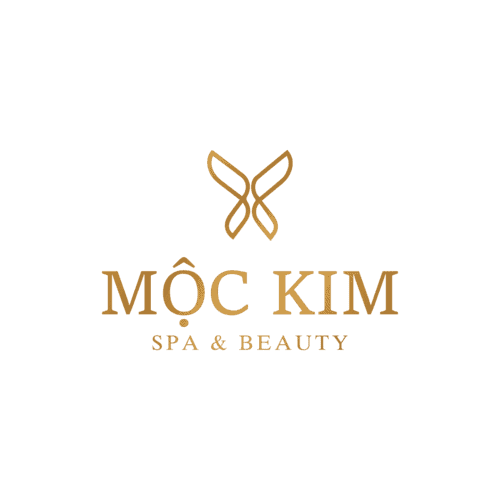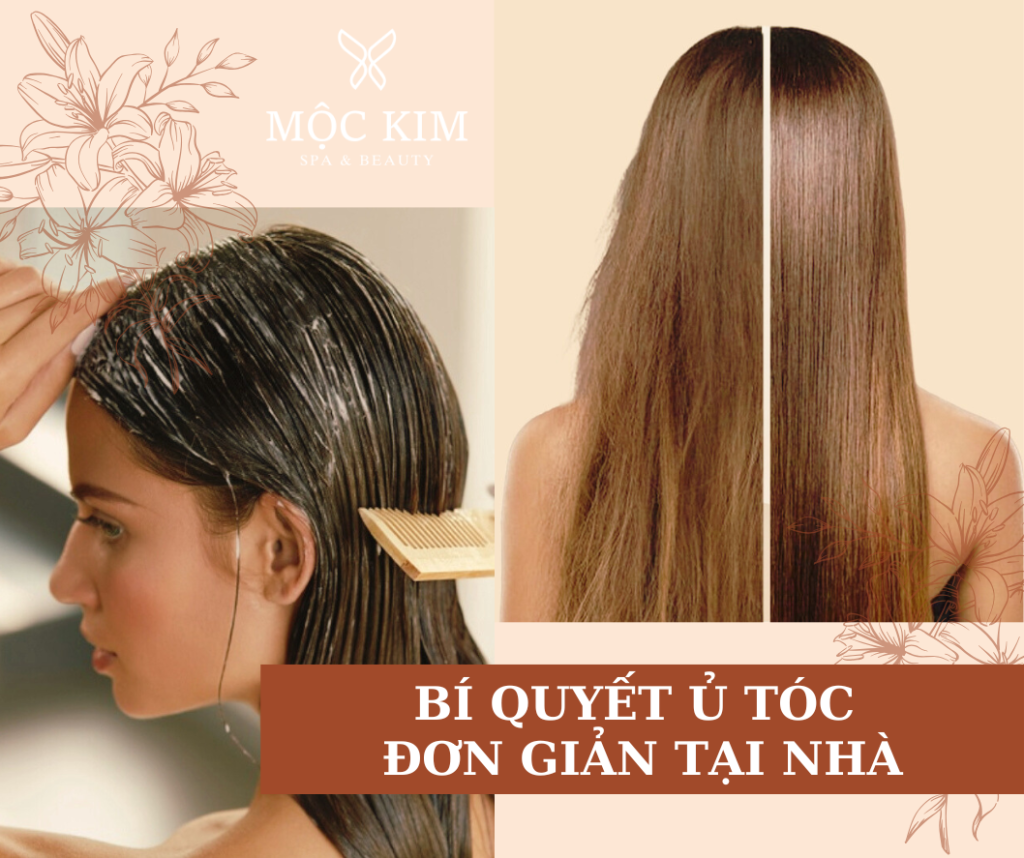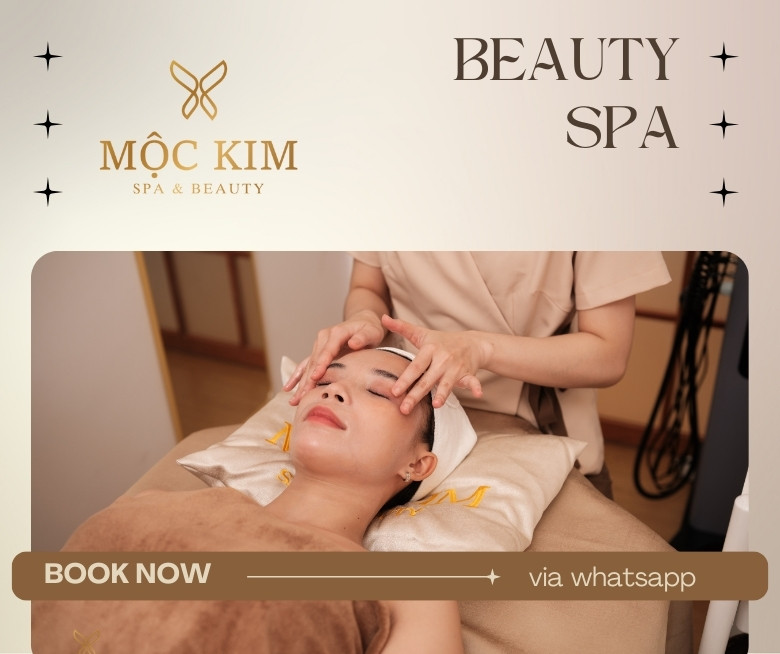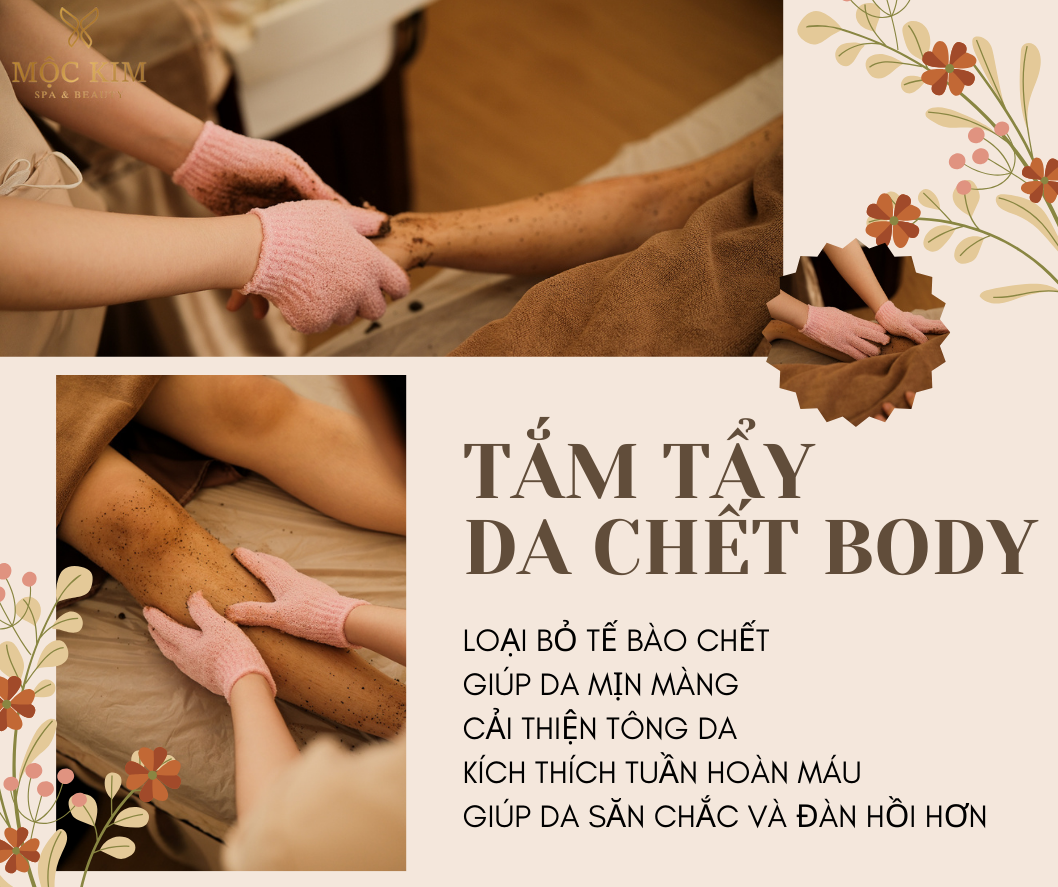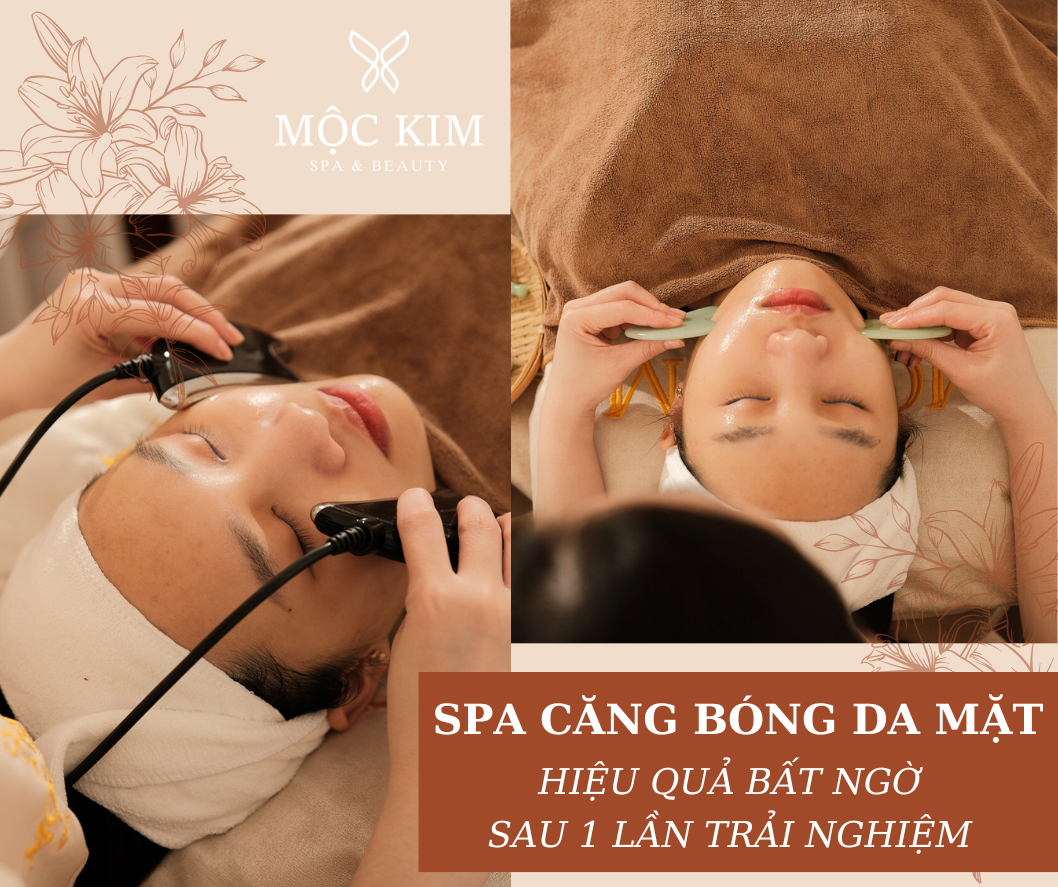Instructions on how to condition your hair and its surprising benefits for healthy, shiny hair. Simple home-based hair conditioning secrets help restore and nourish your hair effectively, making it soft and smooth as desired!
What is hair conditioning?
Hair conditioning is the process of using specialized hair care products (usually conditioners) to provide essential nutrients, helping hair to recover and nourish from deep within.
How to condition hair and its uses Its different from regular conditioners which only moisturize and smooth the hair surface. The conditioner penetrates deeper, providing essential nutrients, helping to restore damaged hair and protect hair from harmful environmental influences.
- Is hair conditioning different from regular hair care?
How to condition hair and its uses Conditioners are different because conditioners usually only coat the outside of the hair, making it smooth but the effect is short-term and cannot penetrate deep into the hair structure. Hair conditioners, on the other hand, penetrate deeper layers of the hair, providing essential nutrients and helping to strengthen hair from root to tip.
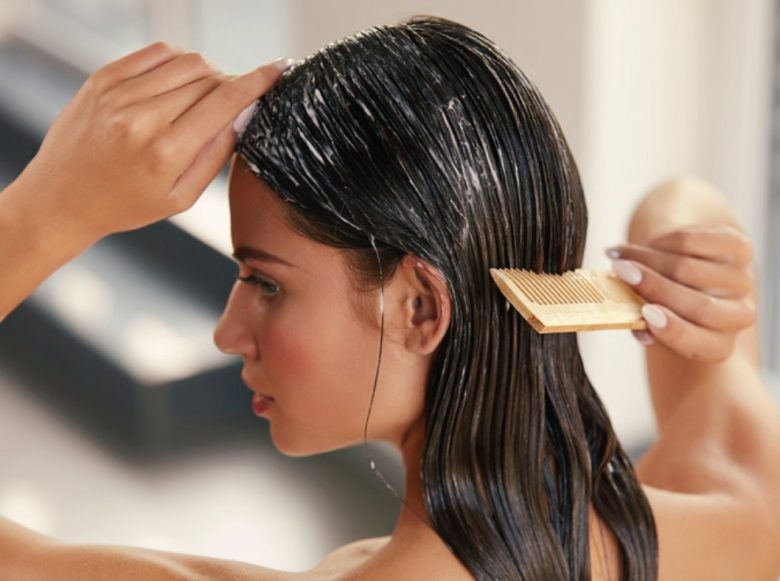
Through this article, you will discover in detail hair care methods and uses, the appropriate frequency for each hair type, as well as the great benefits that hair conditioning brings.
The effects of hair conditioning and why you should condition your hair regularly
What is the effect of hair conditioning?
Hair conditioning has many positive benefits for hair, and hair care methods and uses Its will be presented below:
- Reduces dryness and makes hair softer and smoother:
How to condition hair and its uses This method is ideal for restoring the hair's natural moisture. When hair is adequately hydrated, it becomes softer, less frizzy, and has a natural shine.
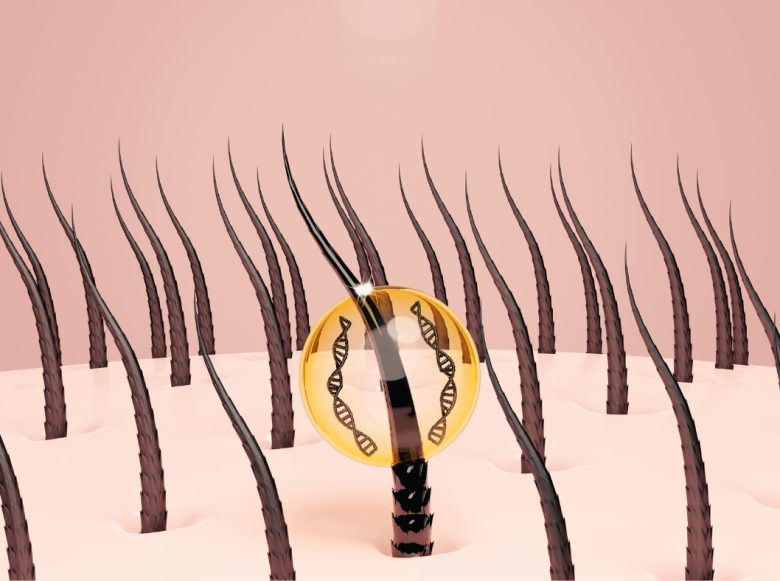
- Restores hair damaged by chemicals and heat:
If you frequently dye, curl, straighten or use heat on your hair, it can become damaged and dry. How to condition hair and its uses It is very important to restore hair damaged by chemicals and heat. Hair conditioner contains nutrients that help regenerate hair structure, create a protective layer to restore damage, and make hair thicker and stronger.
- Strengthens hair and reduces breakage:
The nutrients in the conditioner, such as collagen or protein, help increase elasticity, strengthen hair, and reduce breakage, especially for weak hair or hair that often experiences hair loss. How to condition hair and its uses The conditioner contains collagen and protein to help strengthen hair.
Does hair conditioning help protect dyed hair color?
For dyed hair, hair conditioning is also a way to help the dye color last longer. When the hair is sufficiently moisturized, the dye layer will be protected, avoiding fading due to dryness. In addition, dyed hair is often weak and easily damaged, so hair care methods and uses Helps maintain shine and prevents dull hair.
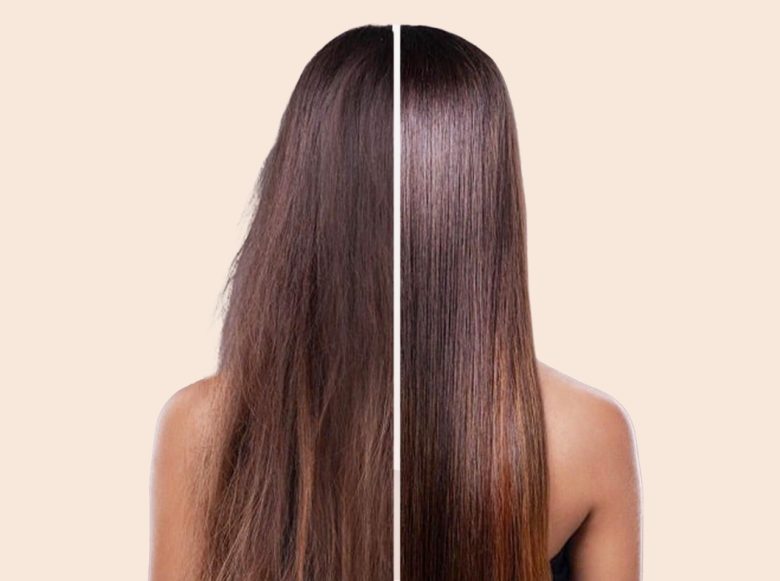
How to choose the right hair conditioner for each hair type
To apply hair care methods and uses effectively, choosing the right hair conditioner is an important step. Depending on your hair type and care needs, you should choose the right product:
Distinguishing types of hair conditioners
Understanding the product types will help you make hair care methods and uses optimally. Hair conditioner products on the market today come in the form of creams, oils, and gels with different ingredients and uses.
Ingredients in conditioner and their effects
o Argan oil: Helps restore moisture and creates shine for hair.
o Keratin: Helps restore damaged hair, fills hair fibers, makes hair strong and elastic.
o Collagen: Helps reduce breakage and protects hair from damaging effects.
o Vitamin E: Helps strengthen hair and protect against environmental impacts.
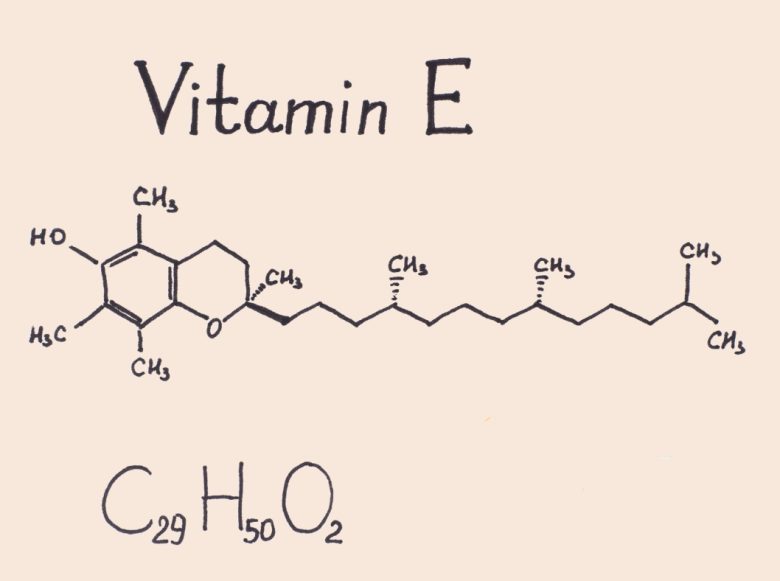
Choosing the right ingredients will enhance hair care methods and uses for your hair.
Is hair mask the same as conditioner?
- The difference between hair mask and conditioner: How to condition hair and its uses The difference between hair conditioner and regular conditioner is that hair conditioner can penetrate deeply and provide long-lasting nourishment, while conditioner only moisturizes the surface.
- Why use both products: Combining the use of conditioner and hair mask helps hair to be smooth on the outside thanks to the conditioner, and deeply nourished from the inside thanks to the conditioner.
Detailed instructions on how to condition hair with conditioner
To get the most out of your hair treatment, follow these detailed steps. How to condition hair and its uses will be enhanced if you prepare your hair thoroughly before conditioning:
Prepare before conditioning hair: Wash hair to remove dirt and excess oil, helping hair absorb nutrients better.
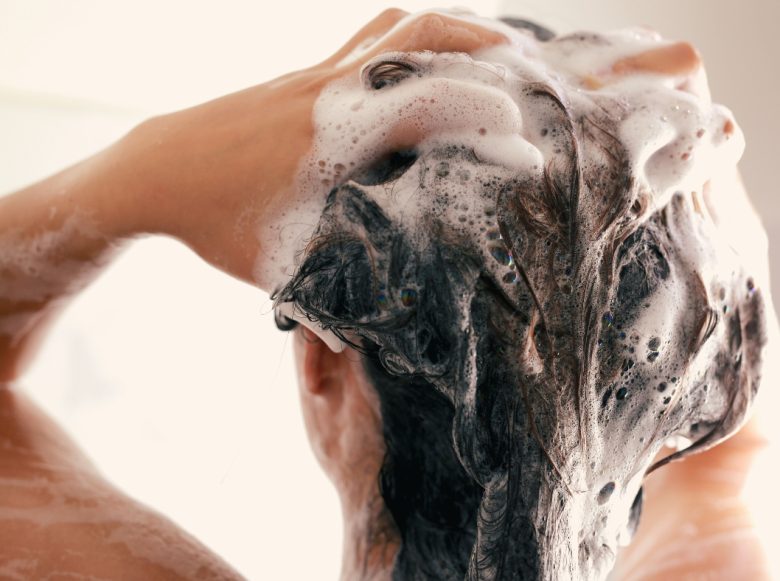
How to condition hair with conditioner at home:
o Step 1: Take a sufficient amount of conditioner and apply evenly on hair, avoiding the scalp area to prevent hair from getting greasy.
o Step 2: Use a steaming cap or hot towel to retain heat, helping the conditioner penetrate faster and deeper into the hair.
o Step 3: Leave on hair for 15–30 minutes, depending on the type of cream and hair condition.
o Step 4:Rinse hair thoroughly with cool or lukewarm water to completely remove the product, avoiding residue that can cause hair to become greasy.
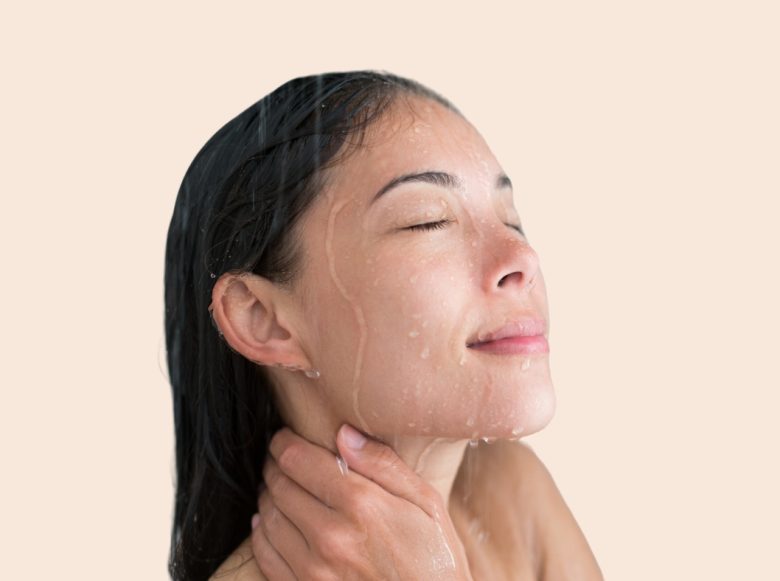
Do it right hair care methods and uses will bring the best results for your hair.
Hot and cold brew
- Hot brew: Suitable for dry, severely damaged hair, helps nutrients penetrate better.
- Cold brew: Suitable for oily hair, avoids stickiness.
Hair conditioning frequency: How many times a week should you condition your hair?
The frequency of hair conditioning depends on each person's hair type and condition:
- Dry, damaged hair: Should be used 1-2 times/week to provide moisture and restore hair.
- Normal hair and dyed hair: Use once a week to maintain hair health and shine.
- Oily hair: Should be applied once every 2 weeks or focus on the ends of the hair to avoid stickiness.
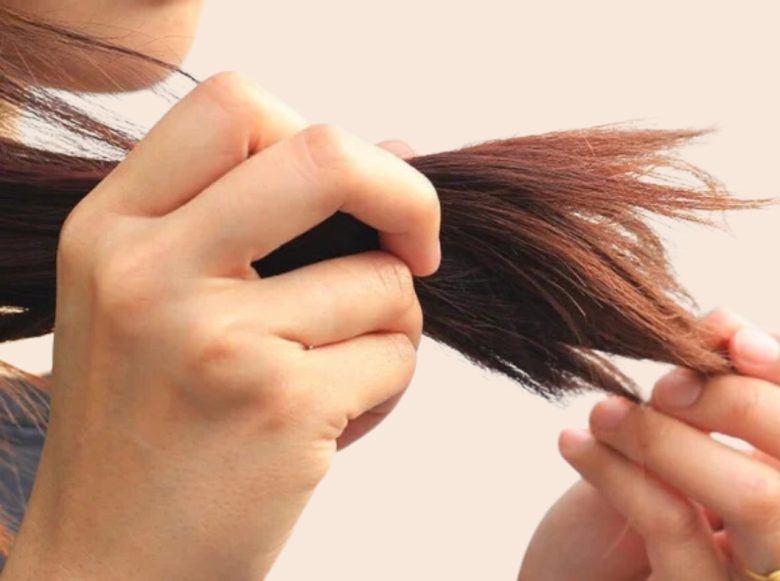
Note: Using a conditioner too often can cause your hair to become greasy due to product residue. Adjusting the amount and frequency of treatments accordingly will help you avoid this.
Reviews and recommendations of the best hair conditioners for each hair type
To make your choice easier, here are some of the best hair conditioners for each hair type:
- Dry hair: Conditioner containing argan oil or shea butter provides intense hydration.
- Oily hair: Choose a light conditioner that contains ingredients like green tea to help prevent hair from becoming sticky.
- Dyed hair: The product contains antioxidants such as vitamin E to help keep the dye color lasting longer.
- DIY Natural: You can make your own conditioner with coconut oil, honey, and eggs to save money.
Frequently asked questions about hair conditioning
Can home hair treatment replace salon care?
Depending on the condition of your hair. Salons have professional tools, but you can combine home conditioning to maintain long-lasting results.
Do I need to wash my hair after conditioning?
Rinse thoroughly to avoid stickiness and ensure hair is soft.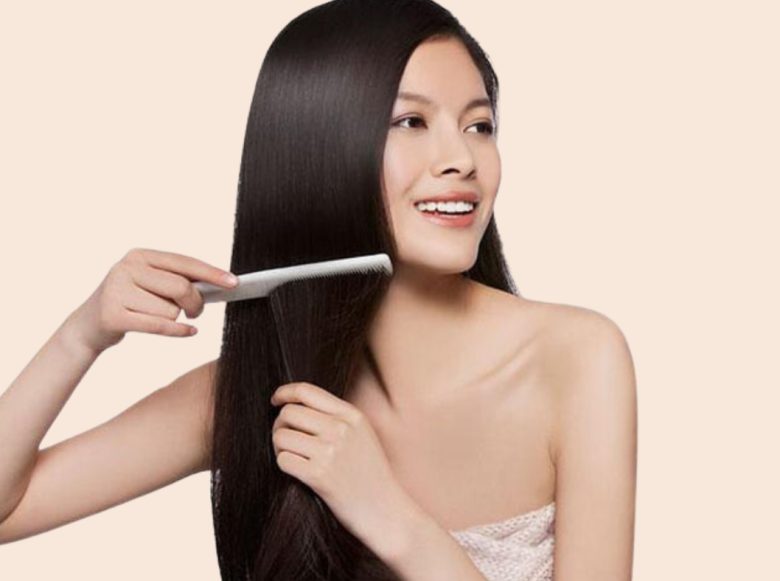
Does hair conditioner make hair greasy quickly?
If used in the correct dosage and frequency, it will prevent greasy hair.
Important notes when conditioning hair
- Common mistakes: Avoid leaving the conditioner on for too long, using too much cream, or not rinsing thoroughly.
- Store conditioner properly: Cover tightly and store in a cool place to preserve nutrients.
- Complementary care routine: Use essential oils, limit heat, maintain a healthy diet.
Conclude
Proper hair conditioning not only gives you soft, smooth hair but also improves your hair's long-term health. Choosing the right products and maintaining a good hair care routine will help you have naturally healthy, beautiful and bouncy hair. How to condition hair and its uses is the key for you to try and experience positive changes for your hair today!
